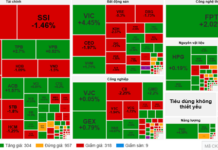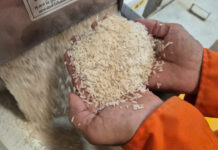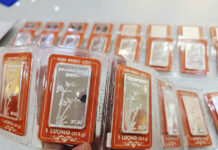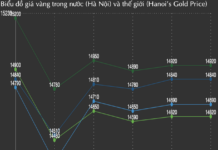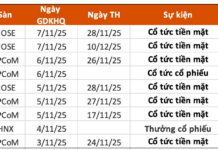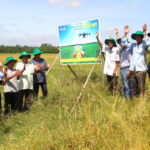Taking advantage of the rare sunny days, tea farmers in Hoang Su Phi tend to their tea gardens to pluck fresh tea buds. However, the yield is meager as many tea plants are not producing buds, resulting in a harvest that is only half of what is typically expected.
Ms. Phung Mui Pham from Nam Ty commune, Hoang Su Phi district, shared: “The tea plants are not producing as many new buds as they did last year. Consequently, the selling price of tea this year is lower than in the previous year.”
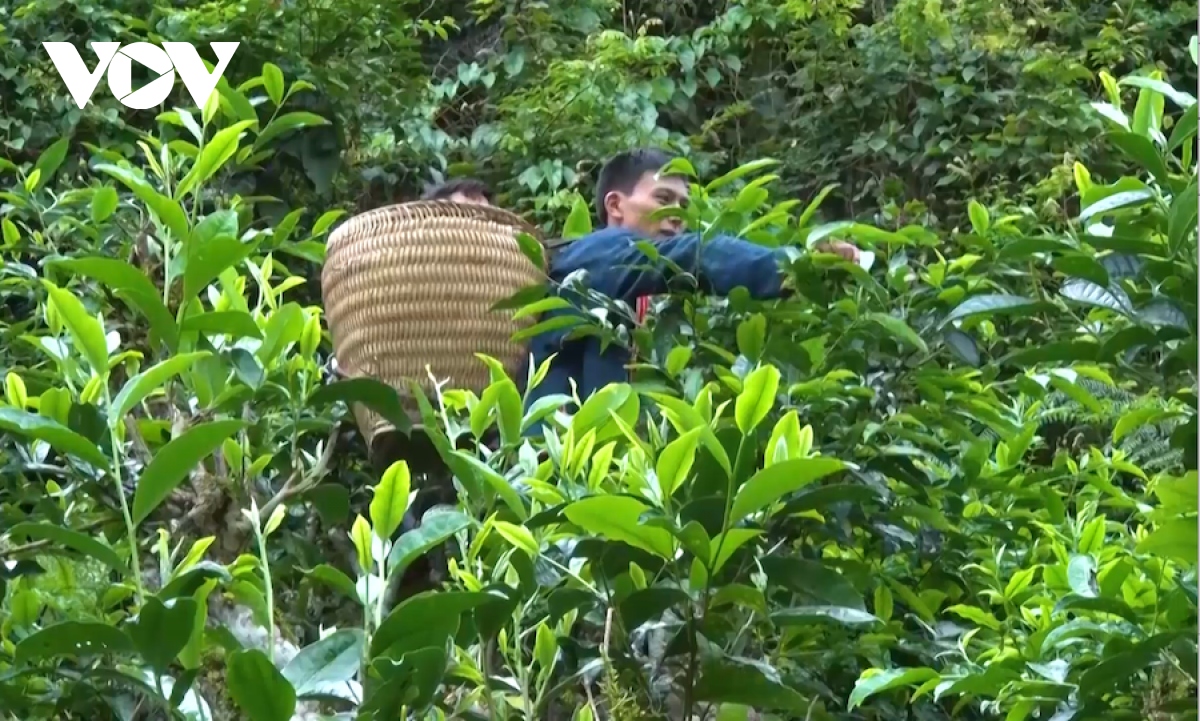
Ha Giang’s Shan Tuyet tea experiences a disappointing season with low yield and prices
Contrary to market expectations, the reduced yield in Hoang Su Phi did not lead to higher selling prices. Prolonged rainfall caused the tea buds to bloom rapidly, leaving farmers with only the option to harvest lower-grade tea leaves consisting of one bud and 2-3 leaves. As a result, tea companies could only produce lower-grade tea products.
To produce premium tea, the tea leaves must be of the highest grade, consisting of either one bud or one bud and one leaf. These high-quality tea leaves are scarce and command a high price.
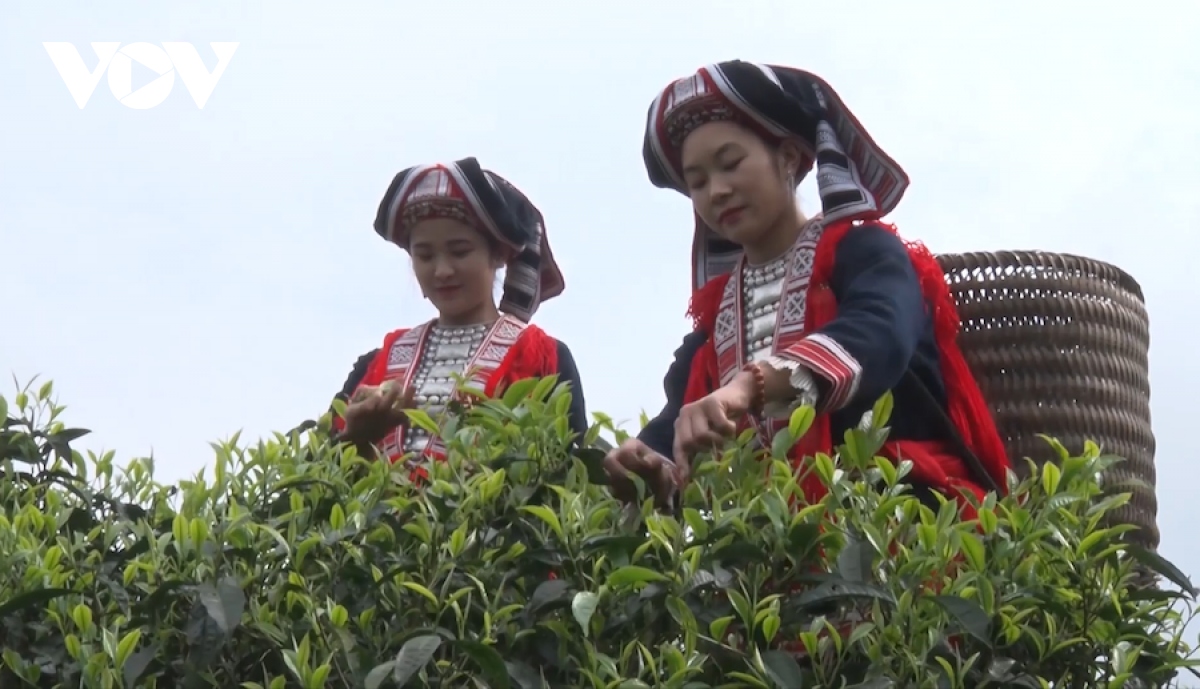
Prices of Shan Tuyet tea have decreased compared to previous years
Mr. Nguyen Xuan Thu, owner of a tea processing facility in Ban Peo, Nam Ty commune, Hoang Su Phi district, explained: “This year’s harsh weather conditions, characterized by frequent rainfall, have negatively impacted the yield of premium tea leaves. The rapid blooming of tea buds and increased competition among purchasing entities have further contributed to the lower yield compared to previous years.”
With over 4,500 hectares dedicated to Shan Tuyet tea, the crop is a primary source of income for the people of Hoang Su Phi. However, this year’s climate changes and heavy rainfall have significantly reduced the yield of fresh tea buds, and the selling prices have not increased, affecting the income of tea farmers.
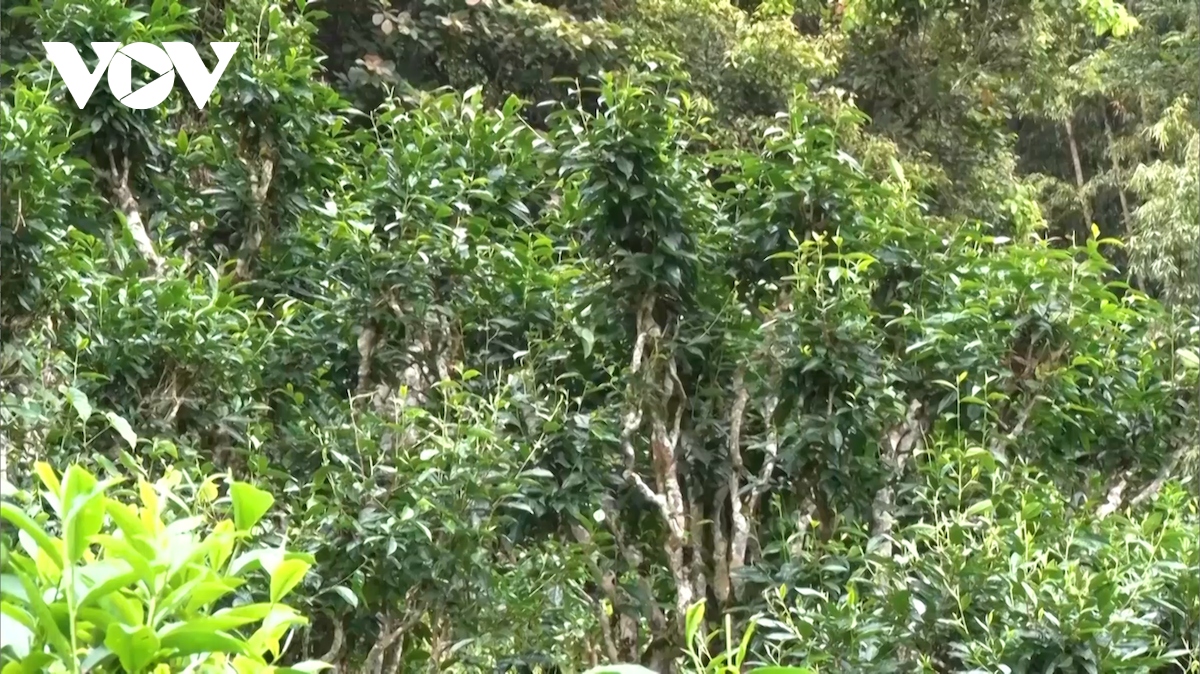
Both the quantity and quality of Shan Tuyet tea have declined this year
“There is a noticeable decrease in the yield of fresh tea buds compared to the same period in 2023,” stated Mr. Nguyen Quang Duan, Head of the Department of Agriculture and Rural Development of Hoang Su Phi district. He added, “The quality of tea buds suitable for producing high-quality tea products has also declined, and the price of fresh tea buds has dropped by 8,000-10,000 VND/kg compared to 2023.”
The All-New 2025 Toyota Camry: A Rival for the Kia K5 and Mazda6 in Vietnam
The 2025 Toyota Camry is expected to arrive in Vietnam towards the end of this year or the next, and with its focus on hybrid technology, it will surely intensify the competition within the D-segment sedan category, going up against the likes of the Kia K5 and Mazda6.
Drone Technology Takes Center Stage: DPM’s Innovative Approach to Fertilizing Rice Fields with Phu My Drone Technology
On August 20th, the Petroleum Fertilizer and Chemicals Corporation (PVFCCo, HOSE: DPM) hosted a workshop to conclude the successful implementation of drones for applying Phu My fertilizer to rice fields in Binh Thanh commune, Moc Hoa district, Long An province. This significant milestone underscores the advancement of technology integration within Vietnamese agriculture.

